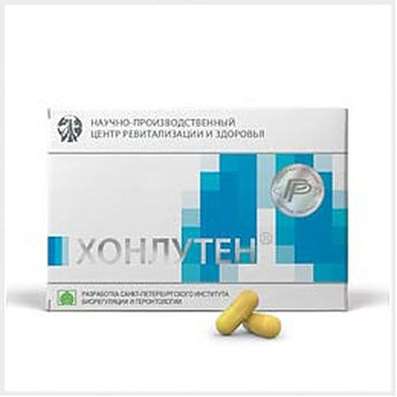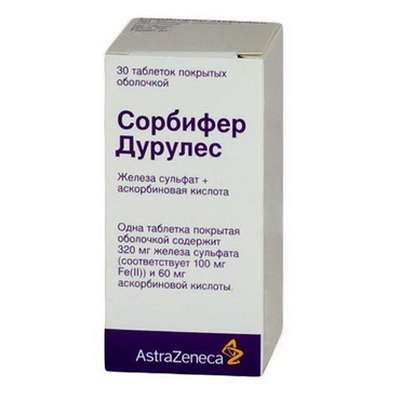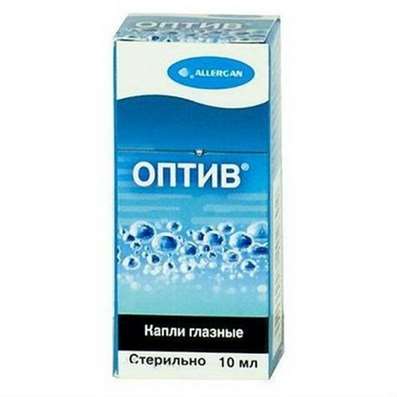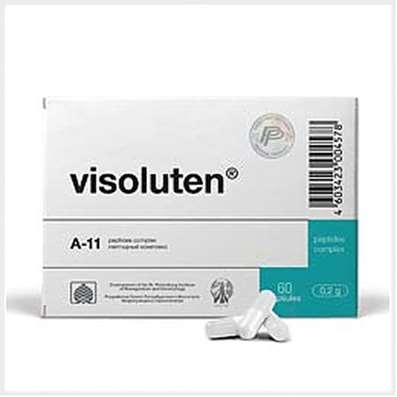Instruction for use: Glycerol (Glycerolum)
I want this, give me price
Pharmacological group
dermotropic means
Laxatives
Nosological classification (ICD-10)
K59.0.0 * Constipation hypo- and atonic
Atonic constipation, Acute functional constipation, Constipation of various etiologies, due to hypotension of the gastrointestinal tract and flaccid peristalsis of the large intestine, Constipation of various etiologies, caused by hypotension and sluggish peristalsis of the colon with a change in the nature of nutrition and place of stay ,Reduction of the evacuation function of the large intestine, Chronic atonic constipation, Chronic hypotonic constipation, Acute constipation, Preparation of the lower GI tract for endoscopy
R23.8.0 * Dryness of the skin
Dry skin on large areas of the skin, Dryness of the skin in violation of the integrity of its covers, Dryness of the skin,Skin peeling
Code CAS 56-81-5
Characteristics of Glycerol
Transparent, colorless syrupy, very hygroscopic liquid without odor, sweet taste, neutral reaction. Miscible in all proportions with water and ethanol, and ethyl acetate (1:11), very bad - with ethyl ether (1: 500) is not mixed with benzene, chloroform, hydrogen, carbon disulfide and oils.
Pharmacology
Pharmacological action - laxative, dermatoprotective, dehydrating.
Being an osmotically active compound, it increases the osmotic pressure (also facilitates the transition of water from the extravascular bed into the plasma).
After oral administration of (1-2 g / kg), and parenteral administration, due to the dehydrating effect (increased plasma osmolarity) lowers intracranial pressure (maximum effect achieved within 1-1.5 hours) and intraocular pressure (onset of action - for 10 min, the maximum effect is 1-1.5 hours, the duration of the effect is 5 hours). Glycerin is used for the dehydration treatment in the brain edema caused by various reasons (including acute poisoning), before or after surgery in ophthalmology (to reduce intraocular pressure) for relief of an acute attack of glaucoma.
When rectal use has a mild irritant effect on the mucosa of the rectum and reflexively stimulates the contractile capacity of the intestine, providing a laxative effect, promotes softening of stool and passage through the thick intestine. The laxative effect develops within 15-30 minutes.
It has an emollient and dermatoprotective effect, has high hygroscopic and lubricating properties. When applied to the skin, it activates the metabolic processes in it. Glycerin is used in pharmaceutical practice as a basis for the preparation of ointments and other dosage forms.
Easily resorbed by mucous membranes. When ingested quickly absorbed. Undergoes biotransformation in the liver. It is excreted in the urine (7-14% - unchanged).
Application of Glycerol
Constipation of various genesis - functional, psychogenic, age (including rectal coprostasis in elderly and senile people), with restriction of mobility, pregnancy and lactation, etc .; prevention of constipation in patients who can not strain during defecation, incl. with painful, thrombosed hemorrhoids, perianal abscess, anorectal stenosis, after myocardial infarction; for softening the skin and treating mucous membranes (liquid).
Contraindications
Hypersensitivity, renal failure, appendicitis, bleeding, diarrhea, hemorrhoids in the acute stage, fissures of the anus, inflammatory diseases and tumors of the rectum.
Restrictions for use
Prior to oral or / in using glycerol as the dehydrating agent is necessary to compare the risks and benefits (in view of potential side-effects) in patients with heart disease (sharp increase in the extracellular fluid may cause heart failure) in patients with fluid overload, diabetes, with renal dysfunction, in elderly patients (increased risk of dehydration).
Side effects
With prolonged local application: irritation and discomfort in the rectum; rarely - catarrhal proctitis.
Interaction
With systemic application, potentiates the effects of diuretics, inhibitors of carbonic anhydrase.
Overdose
With systemic application.
Symptoms: headache, dizziness, confusion, dry mouth or increased thirst, nausea, vomiting, diarrhea, severe dehydration, arrhythmia, kidney failure.
Routes of administration
Rectally, externally.
special instructions
Regular use as a laxative is not recommended.
With systemic use in dehydrated patients, as well as in the presence of diabetes mellitus, the risk of developing symptoms of severe dehydration leading to vascular overload and, accordingly, hyperglycemia increases. Neketone hyperglycemic coma (with oral use) occurs rarely, but it should be noted that several deaths have been reported.

 Cart
Cart





